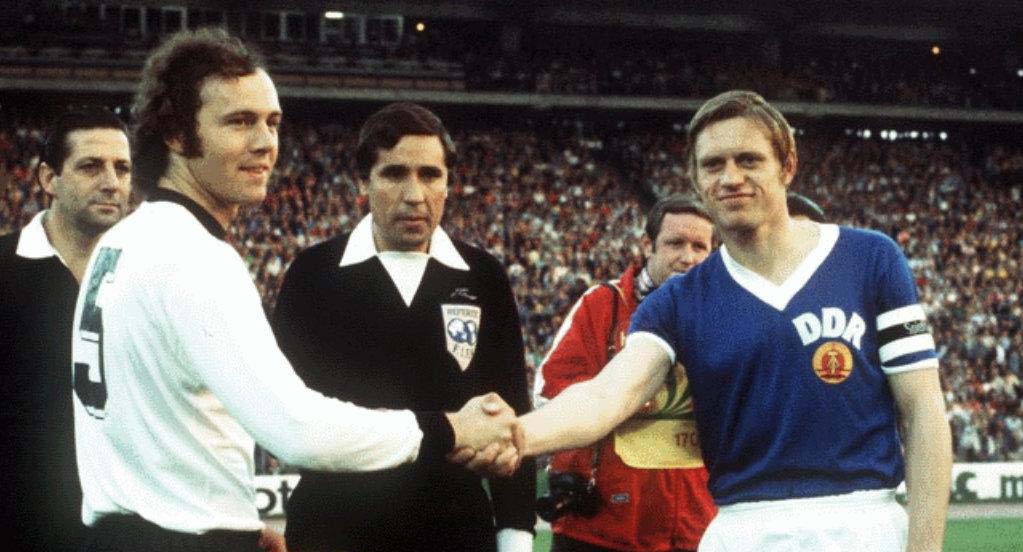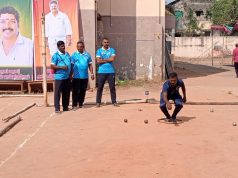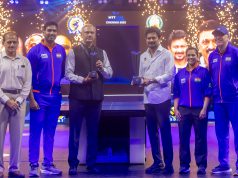After the terrific heat of Mexico during the 1970 World Cup, it was a relatively cooler but rainy West Germany that welcomed one and all for the 1974 edition. Having being the reigning European Champions, West Germany came a long way after their upset 1954 World Cup win. They progressed a lot in terms of professionalism and were a compact unit with measured tactics, well-designed strategies and committed dignity.
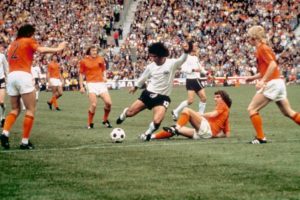
From this edition, the World Cup had a new bigger trophy (the Jules Rimet Cup was permanently awarded to Brazil for being the first three-times World Champions) made of solid gold and was called the FIFA World Cup. The use of modern technology came in as the Germans took the help of computer to draw the fixture according to the weather forecast. As per the playing format was concerned, a second round group stage was introduced replacing the knockout phase.
But political tensions in Europe indirectly affected the 1974 World Cup. It was the first major international sporting event held in West Germany since the Munich massacre at the 1972 Summer Olympics where eleven Israeli athletes were taken hostage and murdered by a Palestinian terrorist group. Along with that, there was the fear of attack by the German Rote Armee Fraktion– the terrorist Red Army Faction, more commonly known as the Baader-Meinhof Gang.
There was another matter of concern as East Germany qualified for the first time in the World Cup since its separation from the West after the Second World War. The two Germanys were drawn together in the same group which meant that East and West Germany would meet for the first time ever in the history of the tournament. Thus, security was at an all-time high that magnified the pressure. Police vans trolling, armed policemen with guns around the stadium and helicopter hovering over the field throughout the matches brought a kind of war-situation in the country.
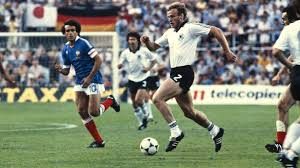
The much awaited match- West Germany vs East Germany- was held on 22nd June at the Volksparkstadion in the port city of Hamburg. Though West Germany had unimpressive wins against Chile and Australia that disappointed their fans, still they were favourites to win the tie. Nevertheless, the East Germans were also high on confidence after winning 1972 Olympics bronze and a good domestic season.
The stadium had a 60,000 strong attendance with many East Germans supporting the West German side. Only 1,500 specially vetted East German fans who were considered politically correct were allowed to travel to Hamburg by train to watch the match. It was a shaky start by both teams where neither of the teams were able to capitalize on their opportunities. While East Germany missed an open net, Gerd Mueller of West Germany hit a ball at the goal post. He created another excellent chance for Jurgen Grabowski but that also went in vain. The first-half ended goalless.
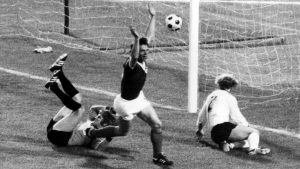
In the second half, though the West Germans dominated but they could not break the East German ‘wall’. As frustration mounted, both among the players and spectators, a sudden long ball reached Magdeburg striker Jurgen Sparwasser who in full speed defeated three German defenders to strike the ball over West German goalkeeper Sepp Maier. The East Germans were up 1-0 and with that they sealed the match.
The West Germans were devastated. It was later reported that the players were drowned by drinking after the match till the next dawn. Their legendary manager, Helmut Schon, could not accept the defeat as he locked himself inside his room till the next morning. In the afternoon a packed press conference had be cancelled. The West German Football Federation informed that their coach was facing a nervous breakdown and thus, was unable to talk.
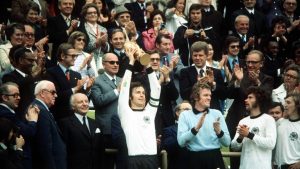
However, as the World Cup continued, Franz Beckenbauer was the man who came to the rescue of the Germans. He became a constant companion of Schon; helping him in tactics, attending the press conferences and making things normal for themselves. Things started to happen differently for the two Germanys. East Germany, who were the group leaders, were placed in a tough group comprising of Brazil and the Netherlands in the next round. On the other hand, West Germany had a easier draw in the next round and won the rest of their matches to eventually become the world champions.

